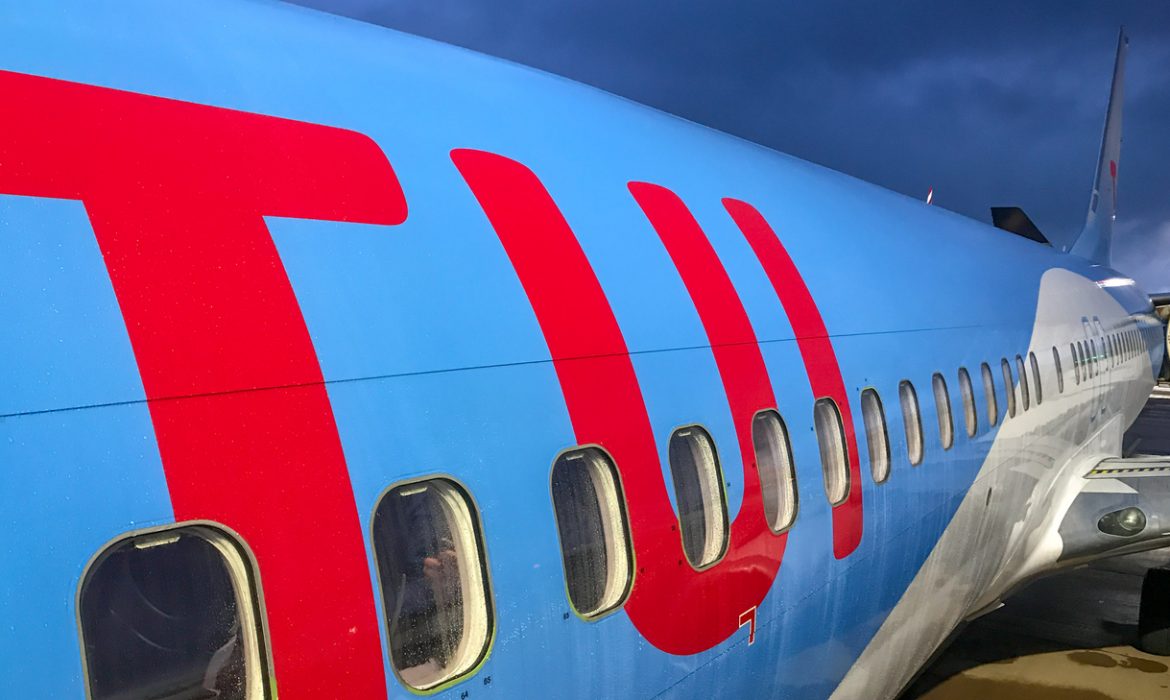TUI UK said on Wednesday it had cancelled holidays to the Spanish Balearic and Canary Islands until Aug. 4 after Britain advised against travel there, acting on advice that has left Spain facing a deeper economic hit from the coronavirus crisis.
Madrid reacted angrily to recommendations from Britain and Germany that their citizens avoid its islands and beaches, advice that has shredded hopes of a swift revival in the tourist industry that accounts for about 12% of Spain’s economic output.
Another British tour operator Jet2 has already scrapped flights and holidays to the Spanish islands until at least Aug. 10.
The cancellations prompted warnings that Spanish hotels might have to shutdown again.
“The reaction of the market could be seen immediately: the reservations were cancelled massively and hotels which had opened and depend only on Britain’s tourism, as clients return home, they will close down again,” said Maria Frontera, the head of a hotel association in Mallorca, the largest Balearic island.
Britons were less inclined to consider Spanish destinations after Britain brought back a 14-day quarantine rule for arrivals from Spain, according to flight search engine Skyscanner.
Searches for Spanish airports dropped out of Britain’s top 10 most searched destinations on Sunday, the day after the announcement on quarantine, with Greece’s Corfu and Crete replacing Spain’s Alicante, Malaga, Tenerife and Palma.
Britain’s guidance to avoid all but essential travel to the islands, was issued on Monday, bringing the islands in line with travel advice to mainland Spain.
TUI UK, which had already cancelled holidays to mainland Spain until Aug. 10, criticised Britain for extending its recommendations across the whole of Spain when the outbreaks had only affected particular regions.
“We … call upon the UK Government to work closely with the travel industry and remove the ‘blunt tool’ approach to quarantine and consider the rapid introduction of regional Travel Corridors,” said Andrew Flintham, the managing director of TUI UK and Ireland.
“The level of uncertainty and confusion created this week is damaging for business and customer confidence in travel,” he said.






